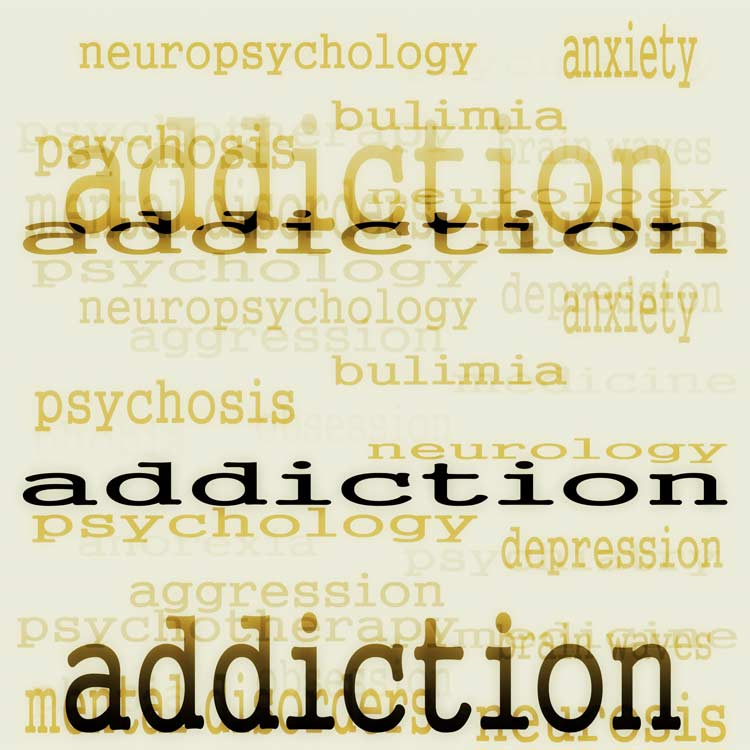Treating an addiction presents many challenges, but what if in addition to a substance abuse problem, a person suffers from a co-occurring mental illness?
It would greatly improve the chances of recovery to be in a program referred to as “dual diagnosis treatment.”
When should a person seek dual diagnosis treatment?
Seek dual diagnosis treatment if you are already diagnosed with mental illness other than alcohol or drug addiction, or feel that you are battling symptoms other than those directly related to alcohol or drug abuse.
What is “dual diagnosis treatment”?
Dual diagnosis treatment works by treating the primary disorder first. Once the primary disorder is stabilized, the treatment of the co-occurring disorder will begin. Clients in dual diagnosis treatment might be battling alcoholism and depression, or heroin addiction and bipolar disorder. Addictions to different substances as well as an array of different mental illnesses can co-occur with any given client.
 In many cases, the substance abuse problem is of primary concern, so stabilization through medical detoxification is typically the first line of treatment. After a client is safely and successfully detoxed, a more accurate assessment of any other mental illness present will be possible. Since there can be many drug and/or alcohol withdrawal symptoms, it can difficult to differentiate the symptoms of mental illness from those that arise during detox.
In many cases, the substance abuse problem is of primary concern, so stabilization through medical detoxification is typically the first line of treatment. After a client is safely and successfully detoxed, a more accurate assessment of any other mental illness present will be possible. Since there can be many drug and/or alcohol withdrawal symptoms, it can difficult to differentiate the symptoms of mental illness from those that arise during detox.
After detox, the course of treatment for someone with a co-occurring disorder will vary depending on the person. However, most courses of treatment involve individual and group therapy and any medications needed to alleviate the symptoms of mental illness.
Many factors play a part in a client’s overall treatment. Sometimes clients arrive with the knowledge of an already diagnosed mental illness, and some, through the course of treatment, become aware of difficulties they did not know were present before they were free of alcohol or drugs. Through the process of dual diagnosis treatment, many different aspects of the client’s health can be observed and treated.


